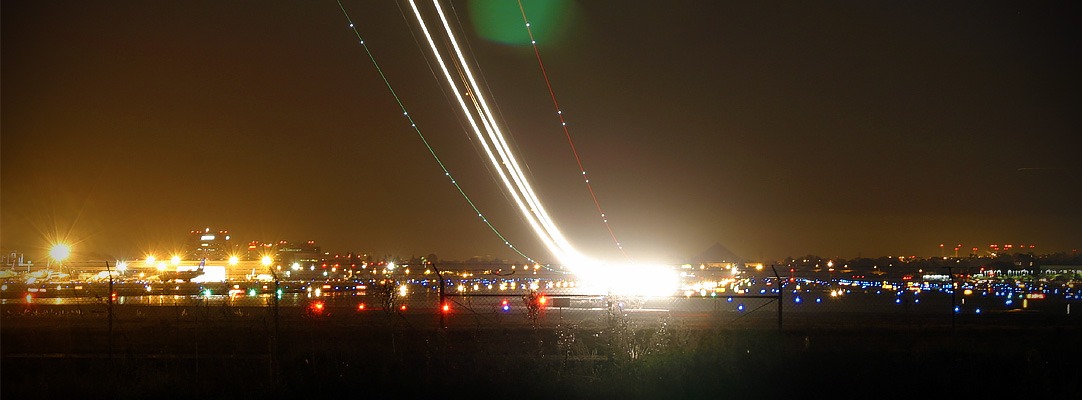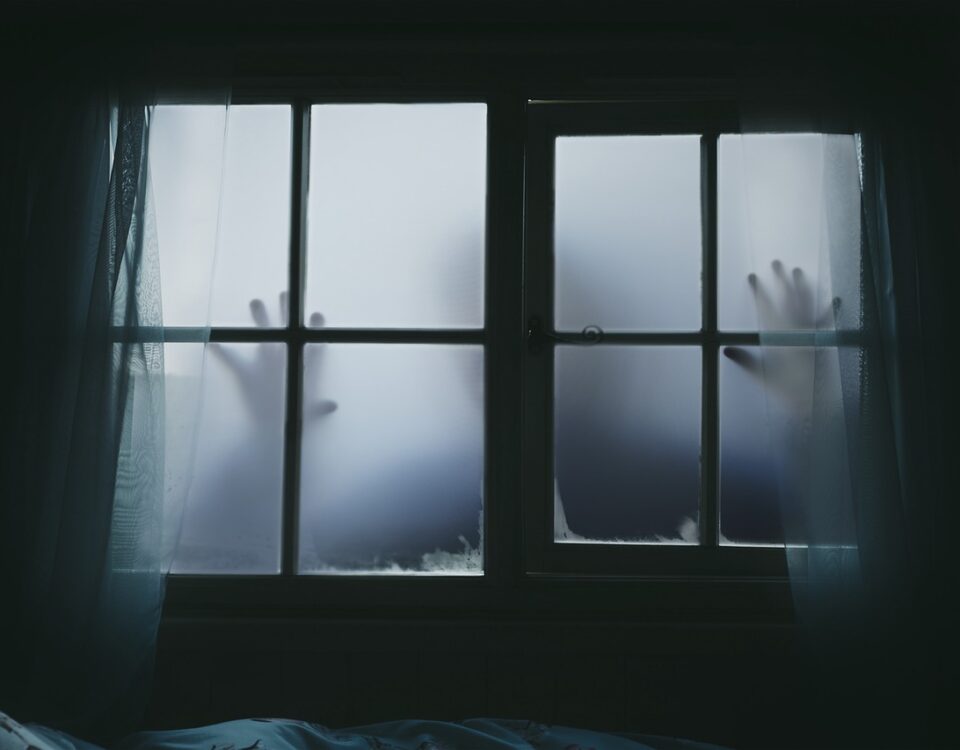
Becky G Cast as Yellow Ranger in ‘Power Rangers’ Movie
October 3, 2015The Connection Between Your Credit Score and Your Love Life
October 5, 2015Already in their seats on a flight from Denver, Colorado to an economics conference in Aspen, Nobel laureate Robert Shiller and his wife were asked to leave the plane. Overbooking appears to have been the reason. Why the Shillers? They had booked a low online fare–something Mrs. Shiller said she would never do again.
When the news hit Twitter, this was the response:


Where are we going? To how an economist would manage an overbooked airplane.
Overbooking History
Airlines have been overbooking for decades because of the no-show problem. Originally they minimized the number of grounded passengers on too full flights by limiting the extra tickets that were sold. But then everyone was unhappy. The airlines still had too many empty seats and the bumped fliers were furious.
In 1976, the Supreme Court gave its okay to overbooking and bumping. The one requirement was a compensation offer to volunteers. As a result, gate agents began to ask passengers to give up their seats for free tickets or vouchers.
Today, because lost revenue from no-shows remains a problem, airlines try to predict the flights that will have the empty seats. They know that a business person is more likely to skip a flight than a couple returning from a long weekend. They also look at when you bought your ticket and the no-show rate for your take off time and place. And yes, they do know that when the change fee is more than the ticket price, fliers won’t call to switch if they can’t make the flight.
Our Bottom Line: Economic Solutions
During the 1960s, economist Julian Simon suggested a market based solution where supply and demand create a price. Ticket holders just had to indicate the price they would accept for flying on a later flight. Called a reverse auction because the sellers were offering bids, his idea made overbooking more attractive.
The solution from United Express was command and control. Telling Dr. Shiller and his wife they had to deplane, the airline offered an amount that was mandated by the Department of Transportation.
At this point, implementing a third economic solution from economist Robert Coase, United Express could have permitted Dr. and Mrs. Shiller to offer some, all, or more of what they were promised to the other passengers. Then the Shillers, the people who took the money, and the airline could have been happy (unless it delayed the flight).
![econlifelogotrademarkedwebsitelogo[1]](/wp-content/uploads/2024/05/econlifelogotrademarkedwebsitelogo1.png#100878)



